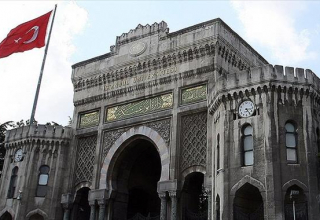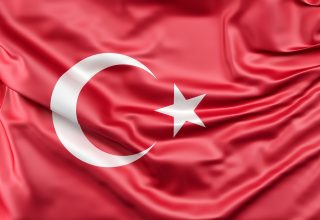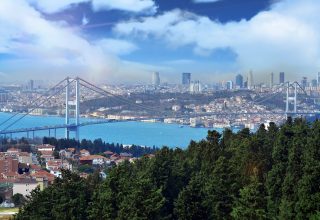Eskişehir is a medium-sized city to the South East of Bursa and the last major stop before Ankara.
According to the census 2009, the population of the city is 631,905. The name Eskişehir means Old City in Turkish. The city was founded by the Phrygians. Phrygians artifacts and sculptures can still be found in the city’s archeological museum.
Eskişehir is one of Turkey’s important industrial cities. The city expanded with the building of railway workshops in 1894 for work on the Berlin-Baghdad Railway. Eskişehir was also the site of Turkey’s first aviation industry. Eskişehir boats many modern industries: production of trucks, home appliances, railway locomotives, fighter aircraft engines, agricultural equipment, textiles, brick, cement, chemicals, processed meerschaum and refined sugar.
Eskişehir has a harsh and dry continental climate. It is snowy in winters and hot and dry in summers. Rainfall occurs mostly during the spring and autumn. Due to Eskişehir’s high altitude and its dry summers, nightly temperatures in the summer months are cool.
Eskişehir was rebuilt after the Turkish War of Independence but a number of historic buildings remain such as the Kursunlu Mosque. The city is noted for its natural hot sulfur springs.
There are two universities in Eskişehir: Anadolu University and Eskişehir Osmangazi University.













